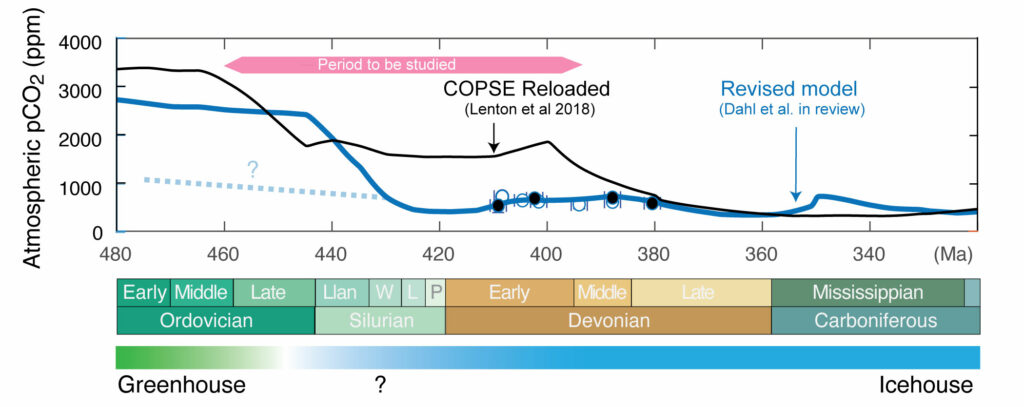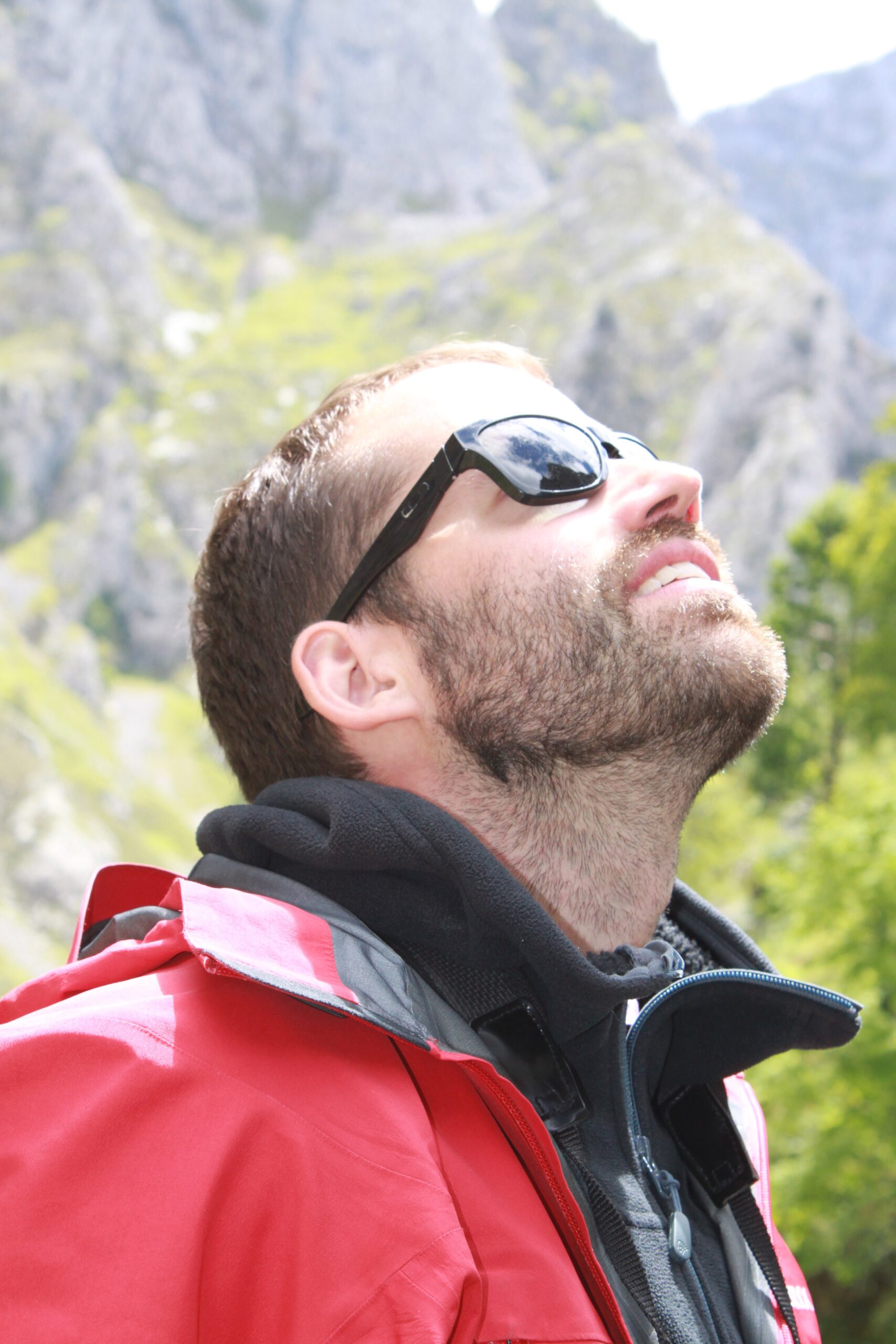Deliberate carbon dioxide removal (CDR) from the atmosphere is necessary to keep global
warming at safe levels in this century. Enhanced weathering and ocean fertilization are powerful
natural CDR processes with potentials to counter global warming, but their impact and
biogeochemical consequences upon implementation are uncertain due to limited verification at the
global scale in the real world.

Past climate events offers a unique opportunity to assess natural CDR processes from the geological record. Profiting from recent developments of paleo-CO2 barometer (Dahl et al. Nature Comms 2022) and global ocean oxygenation proxies in the Geobiology laboratory, at Globe, our group have teamed up with researchers at University of Syracuse (USA), University of Nottingham (UK), Royal Holloway University London (UK) and Potsdam Institute for Climate Research (Germany) to simultaneously constrain atmospheric CO2 removal and ocean fertilization at times in the past when
atmospheric CO2 levels were higher than today and the climate cooled by natural CDR processes.
The data developed will guide climate models into the future and qualify the assessment of evolving global biogeochemical cycles if natural CDR mitigation strategies were to be employed today.
The project is funded by the Danish Research Council for Independent Research, and will recruit 1 postdoc and 1 PhD starting up in 2024. The calls will be out soon. Feel free to contact PI Tais W. Dahl if you are interested in joining our team.

